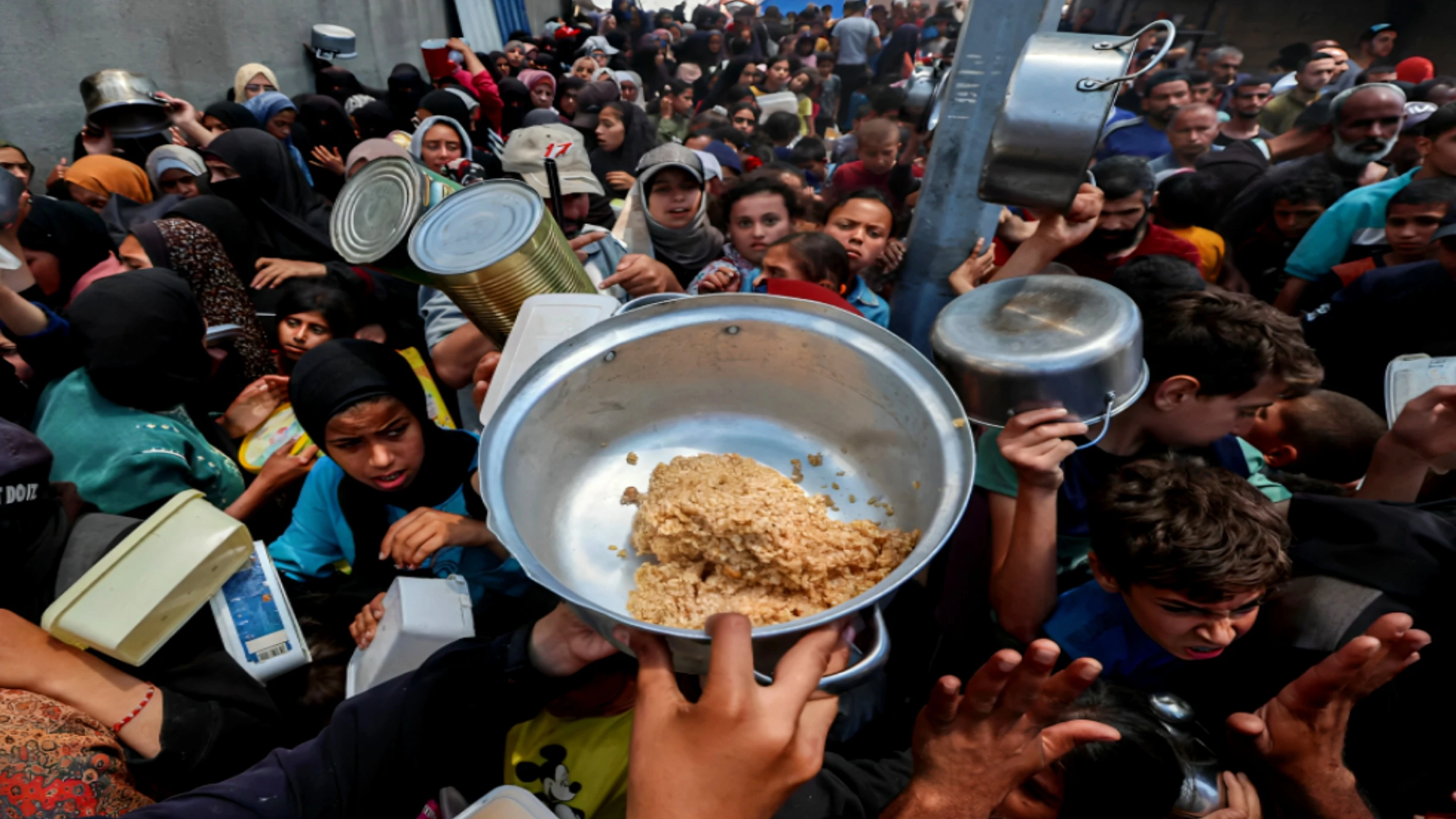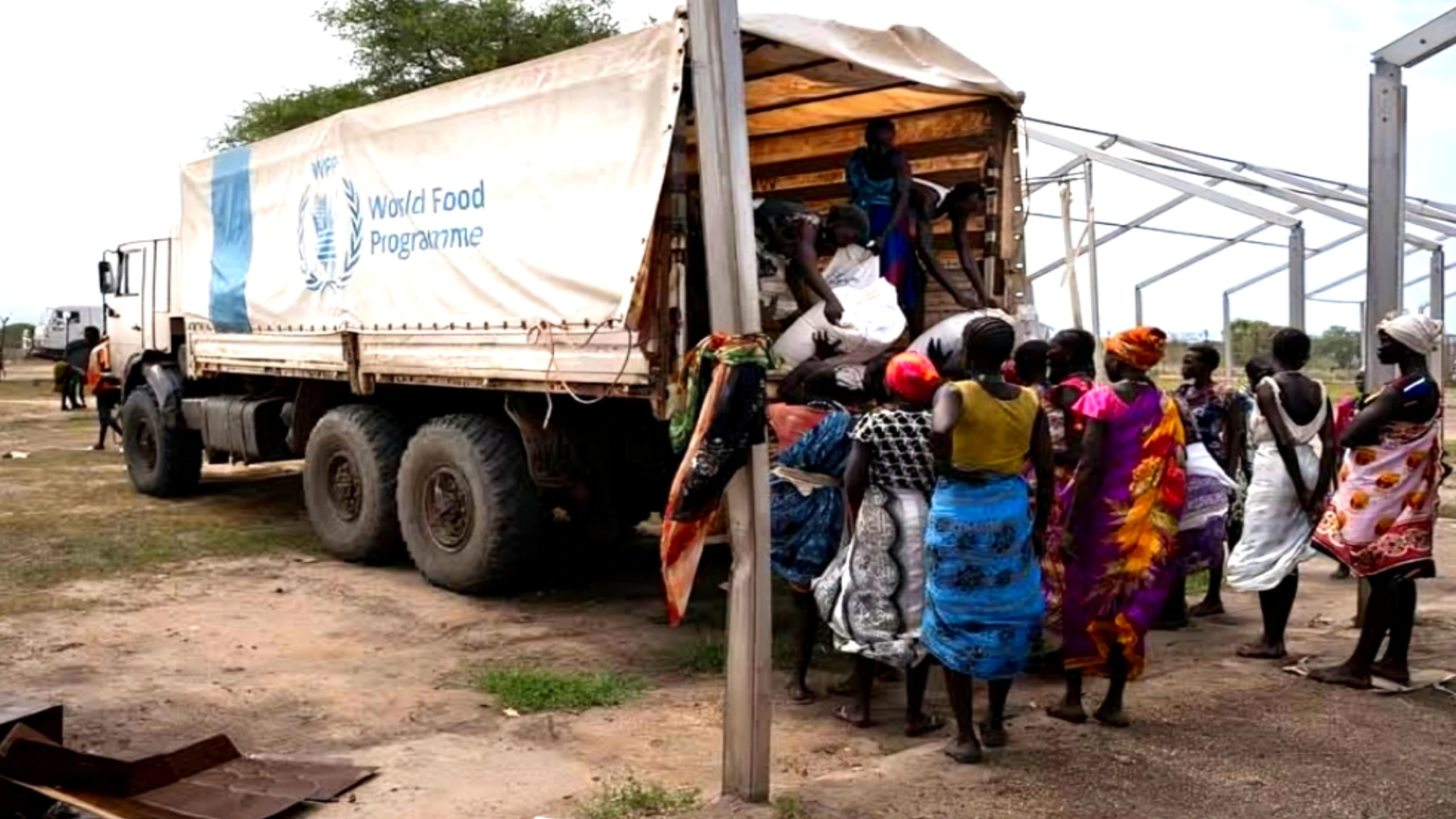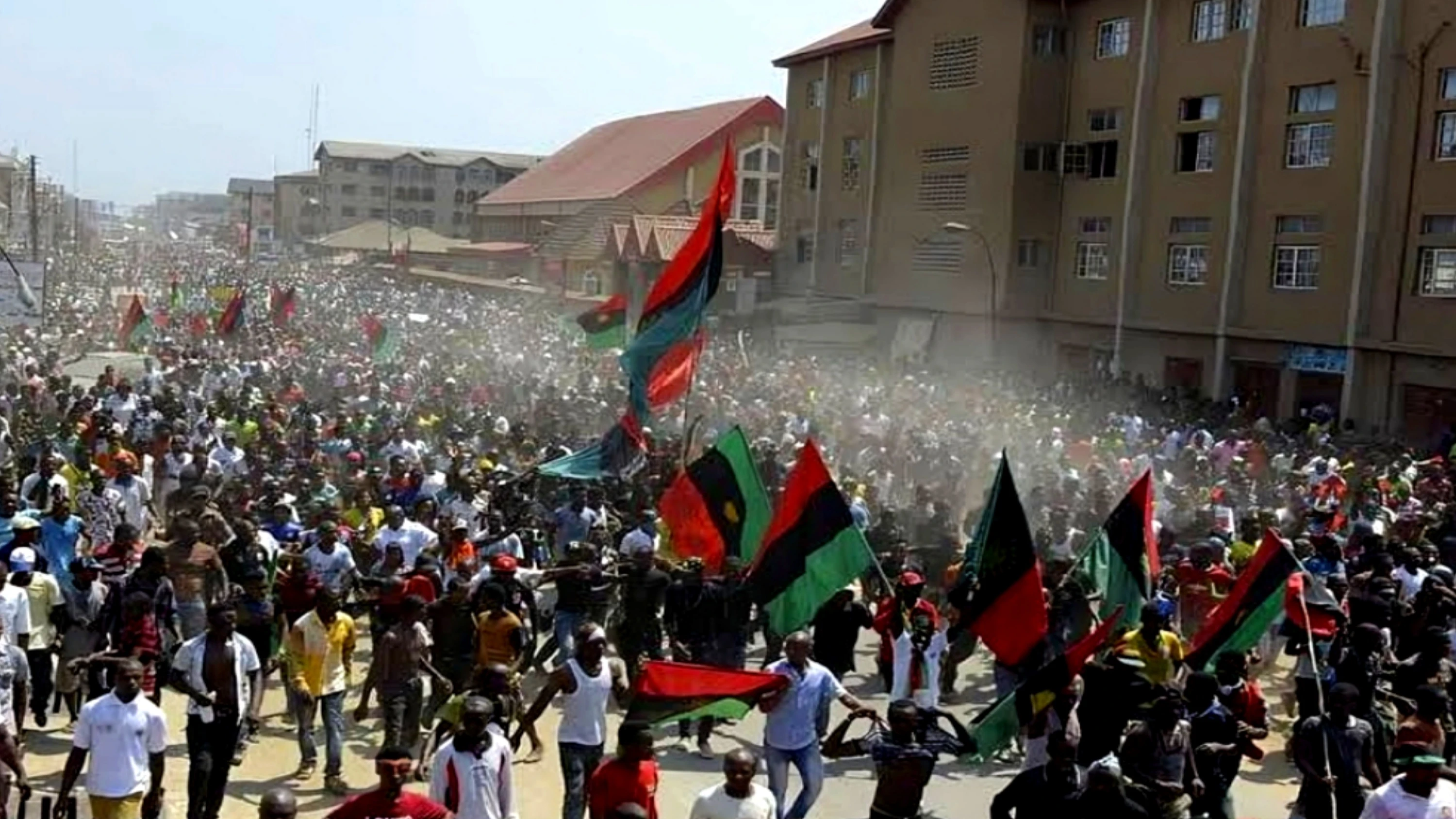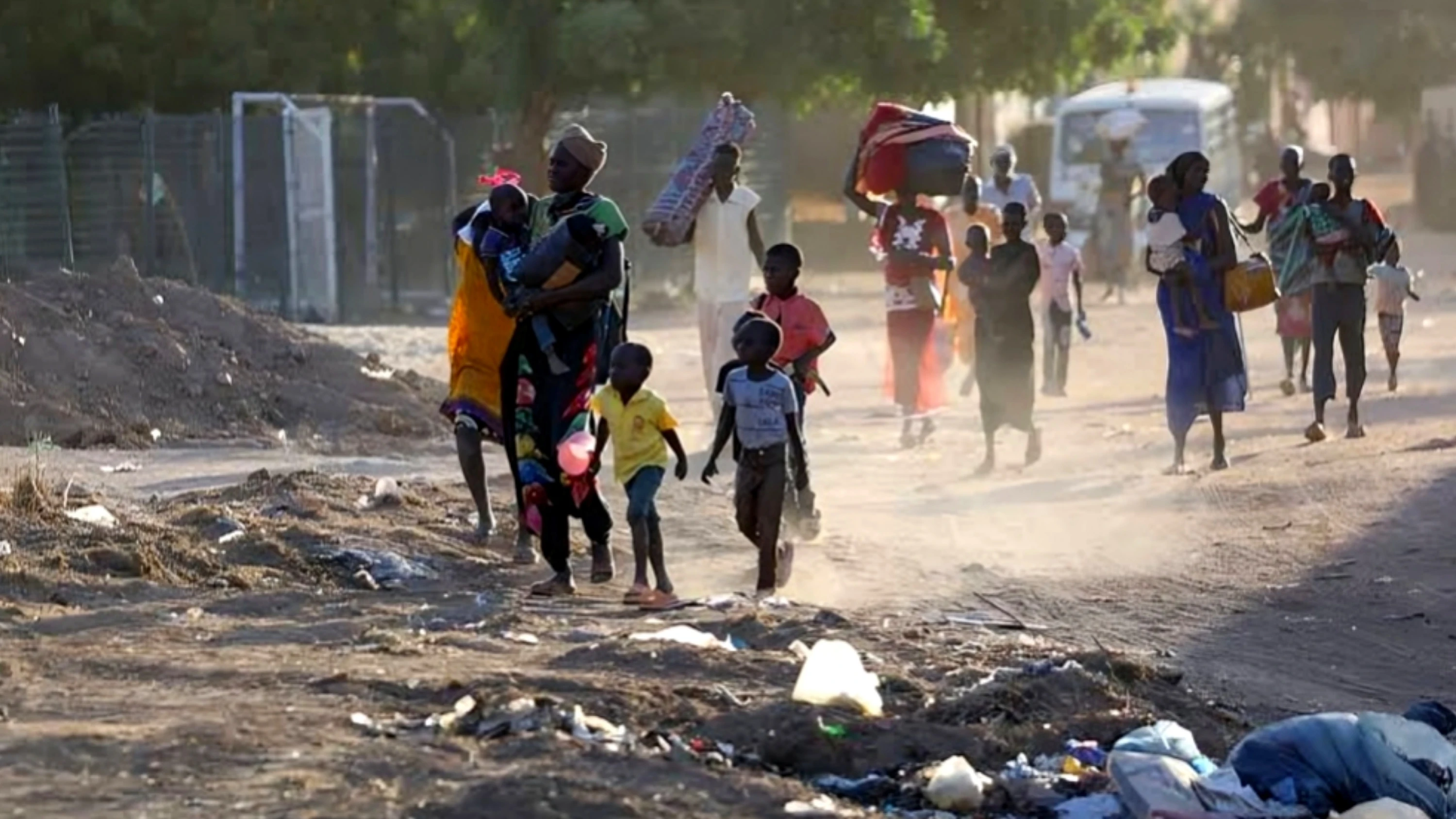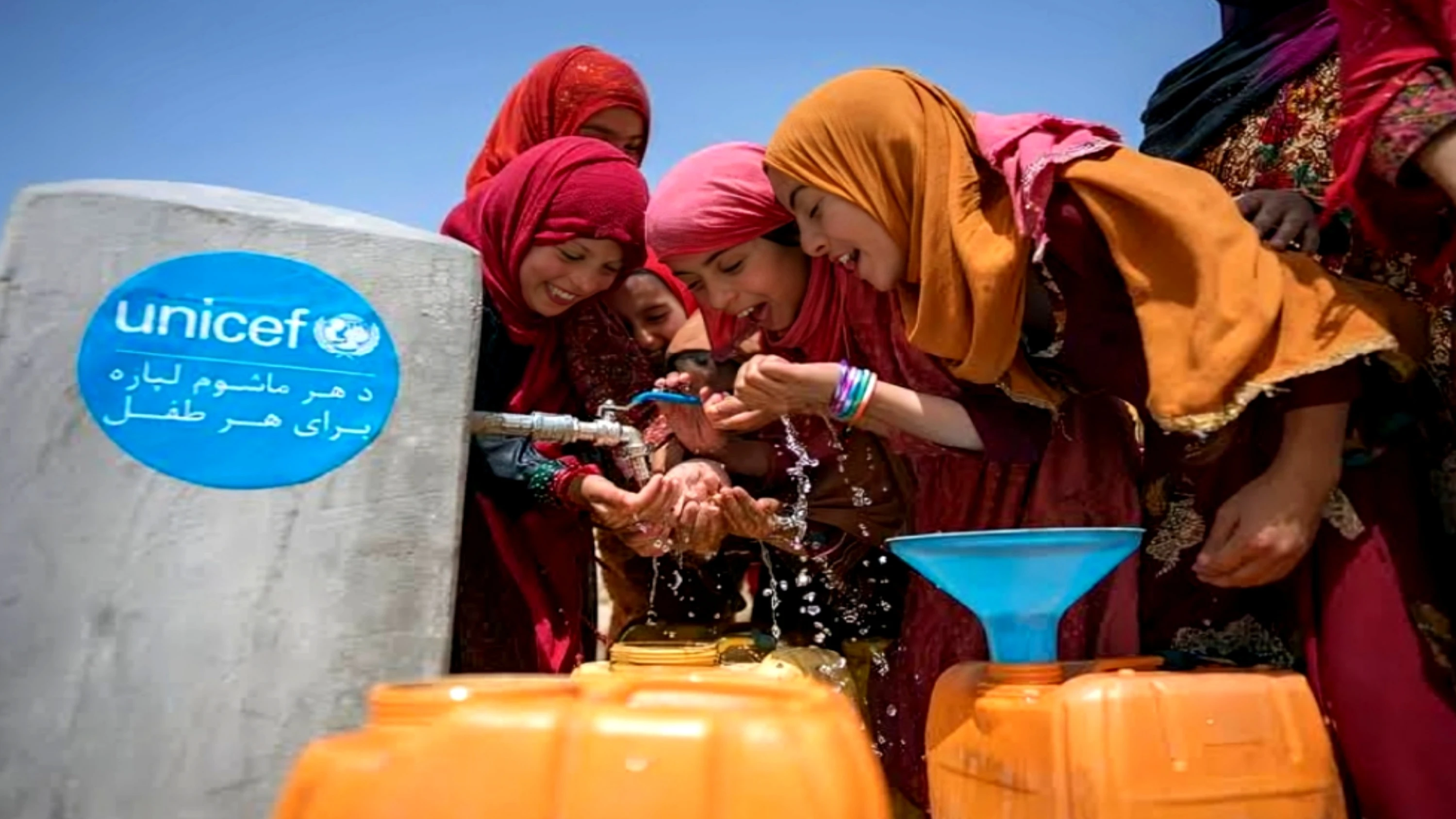Gaza: For the first time in nearly three months, around 90 trucks carrying critical humanitarian aid—flour, baby food, and medical supplies—entered the Gaza Strip late Wednesday, marking a fragile and overdue lifeline to a region gripped by famine and blockade.
The convoy, cleared through the Kerem Shalom crossing, broke an 80-day halt in aid delivery, amid what officials and aid agencies have described as "famine-like conditions" affecting over 2 million residents.
The breakthrough came after intense international pressure on the Israeli government, which had resisted calls to open aid routes due to security concerns. The United Nations cited a delay caused by the “insecurity” of the single distribution route allowed by Israeli authorities. “The route was congested, insecure, and prone to looting,” said U.N. spokesman Stéphane Dujarric, adding that talks were ongoing to secure alternative corridors inside Gaza.
Despite the long-awaited relief, chaos still marred the delivery. Videos emerged showing trucks traveling through the night across southern Gaza, with at least two intercepted and looted. One clip captured desperate individuals ripping open flour sacks—illustrating the dire hunger that has overtaken the territory.
The limited aid follows a stark shift on Sunday when Israeli Prime Minister Benjamin Netanyahu announced a restricted allowance of food deliveries, reportedly to appease global allies alarmed by the looming famine. Netanyahu's government approved just 100 trucks per day over five days, though humanitarian agencies insist Gaza needs a minimum of 500 trucks daily to begin alleviating the crisis.
Medical charity Doctors Without Borders criticized the move as insufficient and symbolic. “A ridiculously inadequate amount of aid is being used as a smokescreen to pretend the siege is over,” the group said.
Israel’s shift comes amid worsening relations with international partners. Britain suspended free-trade talks with Israel on Tuesday, and the European Union announced a review of its commercial agreements. The situation escalated further when Israeli troops fired warning shots at a diplomatic delegation visiting the Jenin refugee camp in the occupied West Bank—a group that included officials from more than 20 countries and the U.N.
Canada’s Foreign Affairs Minister Anita Anand confirmed four Canadian personnel were present and called for a full investigation, summoning the Israeli ambassador to express “serious concerns.”
Wednesday’s events unfolded as part of a broader crisis that began on October 7, 2023, when Hamas launched a deadly cross-border attack on Israel, killing approximately 1,200 people and taking civilian hostages. Israel responded with a ground invasion that has since displaced millions and devastated Gaza. In March 2025, Israel reignited its military offensive, ending a tenuous ceasefire and pushing further into the besieged enclave.
The impact has been catastrophic. The United Nations and humanitarian observers say Israel’s military campaign in Gaza has become one of the most destructive wars of the 21st century, killing tens of thousands and driving half the population into hunger. Aid agencies have warned repeatedly that if the blockade continues, famine will become not just a threat but a reality.
With global scrutiny intensifying, Israel now stands at a critical juncture—balancing military goals with mounting diplomatic fallout and growing demands for humanitarian accountability. Whether Wednesday's delivery signals a true shift or a temporary concession remains to be seen.


